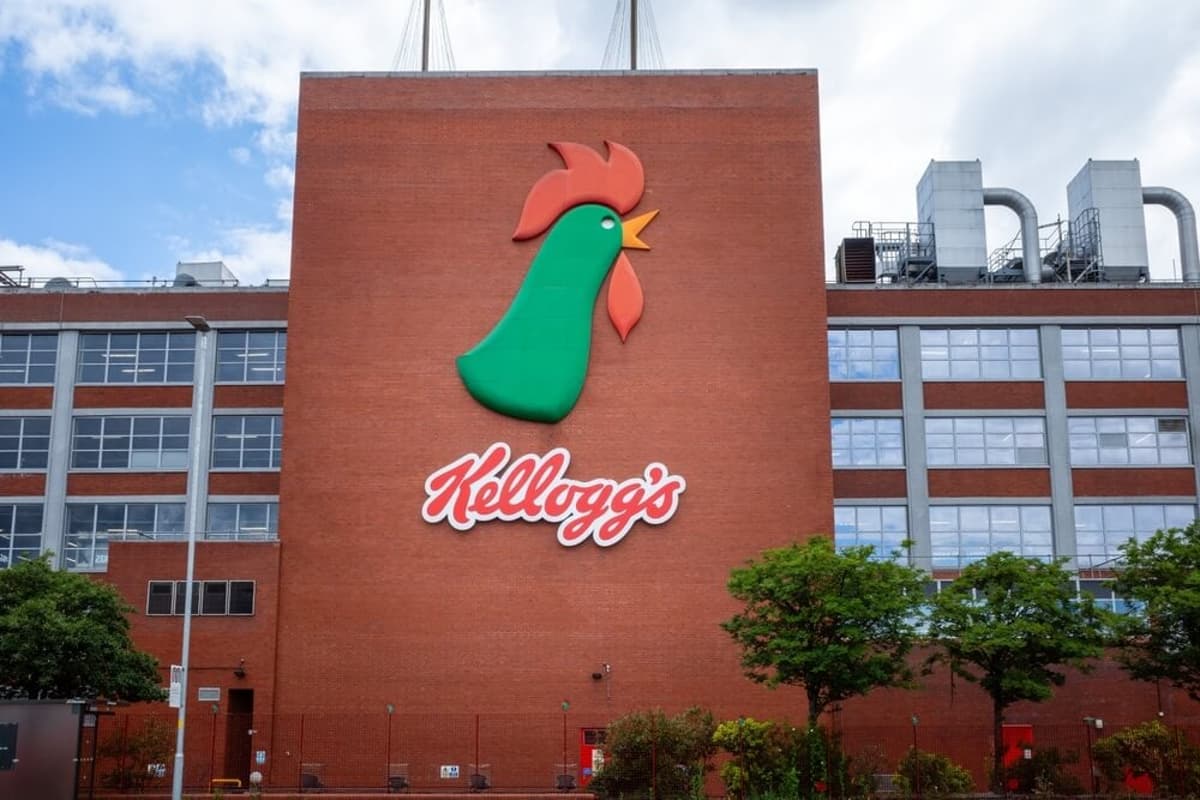Kellogg's Breakthrough: UK Manufacturer Uses Hydrogen to Produce Cereal
Key Ideas
- Kellanova, owner of Kellogg's, has successfully trialed using hydrogen to produce iconic cereals in its Manchester factory, marking a significant step towards decarbonisation in food manufacturing.
- The trial, part of the UK government's Industrial Fuel Switching Competition, received funding from the Net Zero Innovation Portfolio and showcased hydrogen as a viable alternative fuel.
- Kellanova's commitment to reducing emissions includes a 54% cut in Europe and targets a 63% reduction by 2030, with the hydrogen trial aligning with the company's broader decarbonisation strategy.
- Industry experts like Sam Bistiaux and David Parkin have highlighted the importance of such trials in promoting the adoption of low-carbon fuels like hydrogen in industrial applications.
Kellanova, the owner of the Kellogg's brand, has achieved a milestone by becoming the first UK food manufacturer to utilize hydrogen in cereal production. This innovative move took place at its factory in Manchester, where a three-week trial under the HyNet Industrial Fuel Switching 2 programme successfully replaced fossil fuel gas with hydrogen to power the toasting oven. The trial showcased the production of well-known cereal brands like Corn Flakes, Bran Flakes, Special K, and Rice Krispies, emphasizing hydrogen's potential as a sustainable fuel option in the food industry. The initiative was made possible through funding from the UK government's Industrial Fuel Switching Competition, a part of the Net Zero Innovation Portfolio aimed at promoting low-carbon solutions. Kellanova, which underwent a rebrand in 2023, received £3 million to explore the use of hydrogen as a fuel alternative, aligning with its ambitious decarbonisation goals. Sam Bistiaux, Vice-President of Manufacturing at Kellanova, expressed excitement about the successful trial, highlighting the significance of investing in low-carbon fuels for decarbonisation efforts. The trial not only contributes to Kellanova's emission reduction targets but also signifies a broader industry focus on decarbonisation strategies. Additionally, the trial serves as a crucial step in assessing hydrogen's role in high-heat industrial processes within the UK. Experts like David Parkin from the HyNet Alliance have underscored the importance of such initiatives in encouraging wider adoption of hydrogen and other low-carbon fuels among food manufacturers, paving the way for a more sustainable future in industrial operations.
Topics
Power
Innovation
Sustainability
Decarbonisation
Manufacturing
Government Funding
Emissions Reduction
Food Industry
Fuel Switching
Latest News
